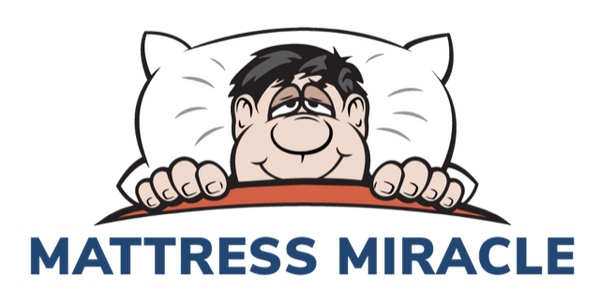📖 6 min read

In This Article:
Anti-Inflammatory Sleep: How Rest Reduces Chronic Inflammation
Chronic low-grade inflammation underlies many health problems: heart disease, diabetes, autoimmune conditions, even accelerated aging. What you eat affects inflammation. So does exercise. But sleep might be the most overlooked factor. Research published in 2025 shows the relationship is bidirectional, and understanding it can change how you approach both sleep and health.
The Sleep-Inflammation Connection
Sleep deficiency increases inflammatory molecules and activates pro-inflammatory signaling cascades. This isn't theoretical. Studies measuring blood markers show clear increases in inflammation after even short-term sleep restriction.
But inflammation also disrupts sleep, creating a feedback loop. Inflammatory cytokines affect sleep architecture, reducing the deep and REM stages that are most restorative. Poor sleep increases inflammation, which makes sleep worse, which increases inflammation further.
Breaking this cycle requires addressing both sides.
What Research Shows About Breaking the Cycle
Behavioral Interventions Work
Cognitive behavioral therapy for insomnia (CBT-I) doesn't just improve sleep. Research shows it reduces C-reactive protein levels and reverses activation of molecular inflammatory signaling pathways. Treating the sleep problem treats the inflammation problem.
Diet Matters for Both
A systematic review found that anti-inflammatory diets correlate with better sleep quality. Higher dietary inflammatory index scores (more pro-inflammatory eating) associated with poor sleep quality and abnormal sleep duration. The relationship works both ways: eat inflammatory foods, sleep worse; sleep worse, crave inflammatory foods.
Even Acute Sleep Loss Causes Problems
A 2025 study found that 24-hour sleep deprivation in healthy young adults altered immune cell profiles to resemble those of people with chronic inflammation. The immune system responds quickly to sleep loss.
Anti-Inflammatory Sleep Habits
Prioritize Sleep Duration
7-8 hours for most adults isn't just a suggestion. Research consistently shows that both too little and too much sleep correlate with higher inflammatory markers. Find your optimal duration and protect it.
Improve Sleep Quality
Duration alone isn't enough. Deep sleep stages are when inflammatory regulation happens. Factors that improve sleep quality:
- Cool bedroom temperature (15-19°C)
- Darkness (blackout curtains or sleep mask)
- Quiet environment (or white noise to mask disruptions)
- Comfortable mattress and pillow
- Consistent sleep schedule
Address Sleep Disorders
Obstructive sleep apnea is a major inflammatory trigger. A 2025 review in Frontiers in Immunology found that OSA drives immune dysregulation through intermittent hypoxia and sleep fragmentation. If you snore heavily or wake unrefreshed despite adequate sleep time, get evaluated.
Time Your Eating
Late-night eating, especially inflammatory foods (processed, high-sugar), disrupts sleep and increases inflammation. Finishing meals 2-3 hours before bed helps both issues.
The Mattress Factor
Your mattress affects sleep quality in ways that matter for inflammation:
- Sleep fragmentation: Uncomfortable mattresses cause micro-awakenings that prevent deep sleep
- Temperature: Hot sleeping increases inflammation; hybrid mattresses with coil systems sleep cooler
- Pain: Poor support causes pain, which raises cortisol, which increases inflammation
- Position: An adjustable bed can help find positions that reduce pressure and improve breathing
Signs Your Sleep Might Be Inflammatory
Consider whether you experience:
- Waking frequently during the night
- Feeling unrefreshed despite adequate sleep time
- Joint stiffness or pain in the morning
- Frequent illness or slow recovery
- Brain fog or difficulty concentrating
These can indicate that your sleep isn't providing the anti-inflammatory rest your body needs.
Small Steps, Significant Impact
You don't need to overhaul everything. Start with:
- Consistent bedtime and wake time for two weeks
- Cooler bedroom (try 17-18°C)
- No eating within 2 hours of bed
- Evaluate your mattress honestly: is it comfortable?
These changes compound. Better sleep reduces inflammation, which improves sleep further, which reduces inflammation more.
Come See Us
If your mattress is contributing to poor sleep, come to 441½ West Street in Brantford. We can help you find something that supports the restorative rest your body needs.
Mattress Miracle: helping Brantford rest and recover since 1987.

